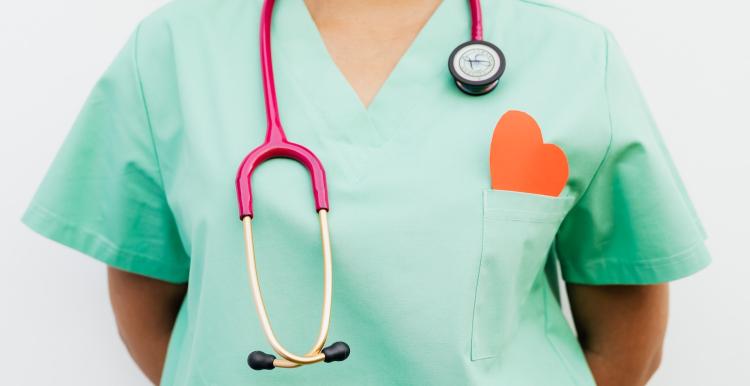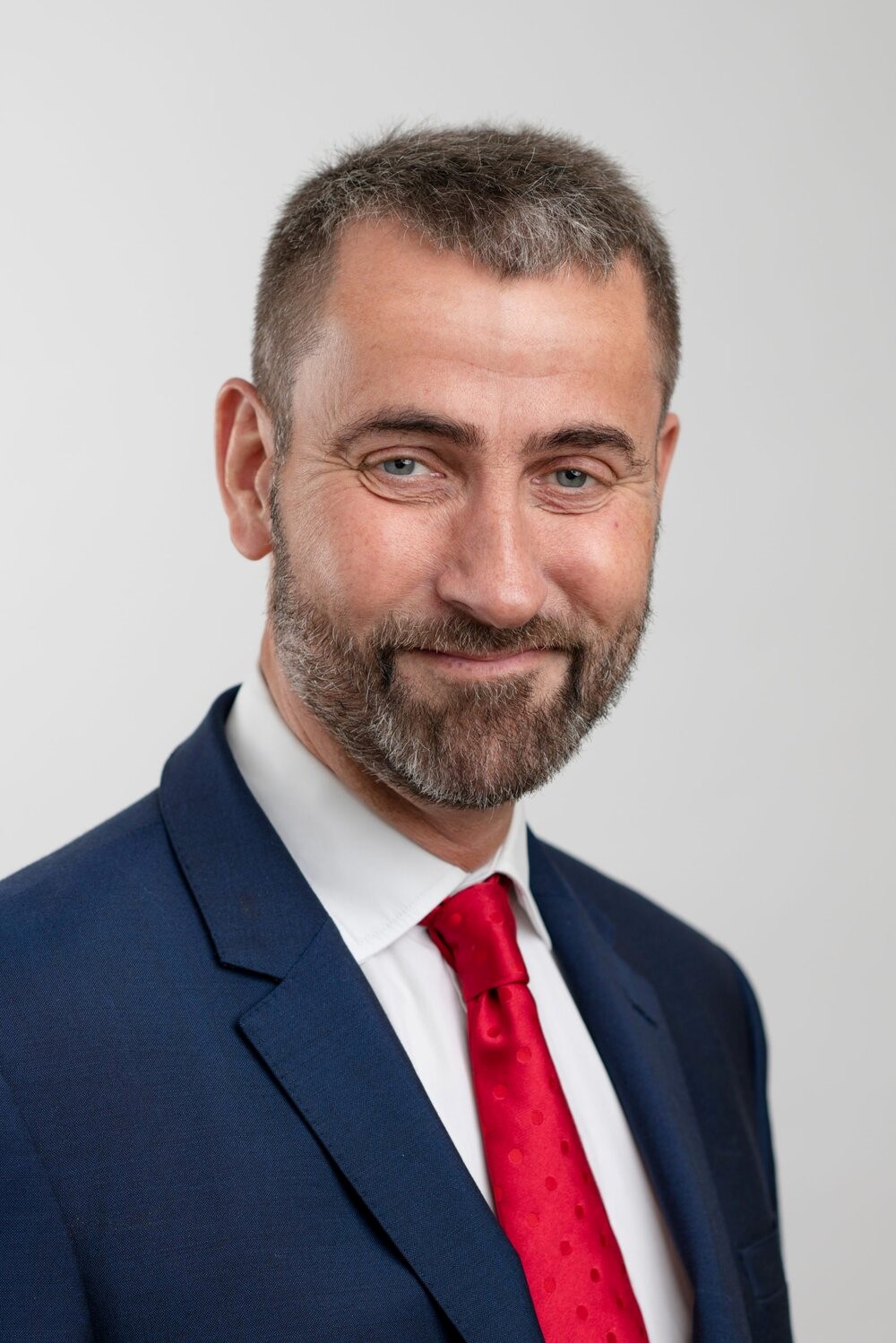Advice from local NHS as junior doctors strike

Dr Richard Jennings, Chief Medical Officer for St George's, Epsom and St Helier University Hospitals and Health Group, commented on what hospitals will be doing during the strike action.

"The strike will have a significant impact on our services with hundreds of junior doctors to expected to take action, and our workforce will be already reduced due to the holidays.
We will of course be prioritising our key urgent services and our most critically unwell patients. Those with less urgent complaints are being advised to use NHS 111 online so that they can be redirected to the most appropriate place for their care.
We will have to postpone some planned outpatient appointments and some planned admissions, as we had to for the previous junior doctor strike.
Everyone should attend their appointments as usual, however, unless they have been contacted in advance to be advised of a cancellation.
Up-to-date information is also available on the St Georges and Epsom and St Helier websites, and also on the hospitals' social media - Twitter, Facebook and Instagram."
The hospitals have the following advice for patients:
- Unsure what to do? Need urgent medical help? Go to NHS 111 online or ring 111
If you need medical help or advice, need to speak to a GP or you are unsure about whether you should go to hospital, go to NHS 111 online unless it is a life-threatening emergency when you should still call 999. - If it is an emergency and someone's life is at risk, ring 999
- If you need urgent medical care, come forward
During the strike, it is really important that patients who need urgent medical care do come forward, especially in emergency and life-threatening cases. Emergency treatment, cancer care, critical care, care for very small or premature babies, and trauma will be prioritised. - Pharmacies can help with some health issues
Pharmacies can help with illnesses such as tonsillitis, coughs, sprains, strains, colds and earaches. - If you have a hospital appointment...
If we need to rearrange any appointments, we will contact patients directly to let them know. If you have an appointment at any of our hospitals, please assume this is going ahead unless you have been told otherwise. - If your hospital appointment is rescheduled...
We will only reschedule appointments and procedures where it is necessary and will rebook as soon as possible. Patients who have waited the longest for elective care and cancer surgery will be prioritised. - If you have questions about your hospital appointment...
If you have an appointment and you’re concerned and feel you need to speak to someone, please contact your clinical team using the contact information on your appointment letter or on our website. If you’re still concerned then you can find details of our Patient Advice and Liaison Service.